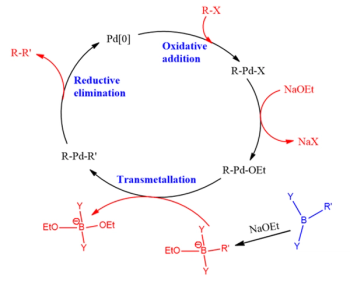
Pittcon 2024: Bioanalytical Mass Spectrometry Methods and Applications
These lectures focused on method development and applications of mass spectrometry for bioanalytical, natural product, and agricultural studies.
During the Pittcon conference in San Diego, California, experts from a variety of universities presented the latest trends in bioanalytical mass spectrometry methods and applications. The lectures focused on method development and applications of mass spectrometry for bioanalytical, natural product, and agricultural studies.
The session begins with a presentation on “Development of a Chemical Signal Amplification Strategy for Asymptomatic Malaria Detection Using Mass Spectrometry” by Ayesha Seth, from The Ohio State University. Seth’s team introduced a 3D paper device capable of splitting analytes on its surface, enabling simultaneous detection of multiple biomarkers, rapid immune-extraction, and on-chip ambient mass spectrometry.
The session continued with “Can You See(d) It? Laser Ablation Direct Analysis of Real-Time Imaging Mass Spectrometry (LADI-MS) Analysis of Small Molecules in Voacanga Africana Seeds,” presented by Allix Coon of the University of Albany (SUNY). In this work, gas chromatography–mass spectrometry was first employed to determine the chemical constituents of V. africana seeds, the most economically important part of this specific plant species.
Bridget Murray of The University of Michigan discussed “Rapid Screening of Enzymatic Reactions Via Droplet-APCI-MS and FIA-APCI-MS." Previous work has shown the feasibility of using droplet-electrospray ionization (ESI)-MS to screen through enzymatic reactions and its agreement with LC-MS. Murray’s team expanded this technology to analytes that are not easily ionized with ESI by analyzing droplets with atmospheric pressure chemical ionization (APCI). The discussion presents a droplet-APCI-MS workflow that allows for encapsulation of quenched enzymatic reactions for detection of enzymatically produced terpenes.
“Quantitative Determination of Water in Organic Liquids by Ambient Mass Spectrometry” was presented by Mousumi Saha of Purdue University. This study uses a rapid tandem mass spectrometry method to determine water content in complex organic solutions. The method is reported to be a fast and more efficient alternative to the Karl-Fischer (KF) method, currently the gold standard for water measurement.
The session concluded with the presentation, “Implementation and Deployment of a Targeted MS/MS Fermentation Screening Library for the Optimization of Natural Product Development,” with Jeremy McFadden of Coreveta Agriscience leading. Corveta’s goal was to improve their analytical toolkit to better understand research fermentation processes, focusing on developing a mass spectral screening platform to monitor and measure a biomarker library with a simplified analytical approach. Using the screening workflow, they can monitor a wide range of biomarkers from different fermentation samples, and compare results to better understand changes across time and conditions.
Newsletter
Join the global community of analytical scientists who trust LCGC for insights on the latest techniques, trends, and expert solutions in chromatography.




